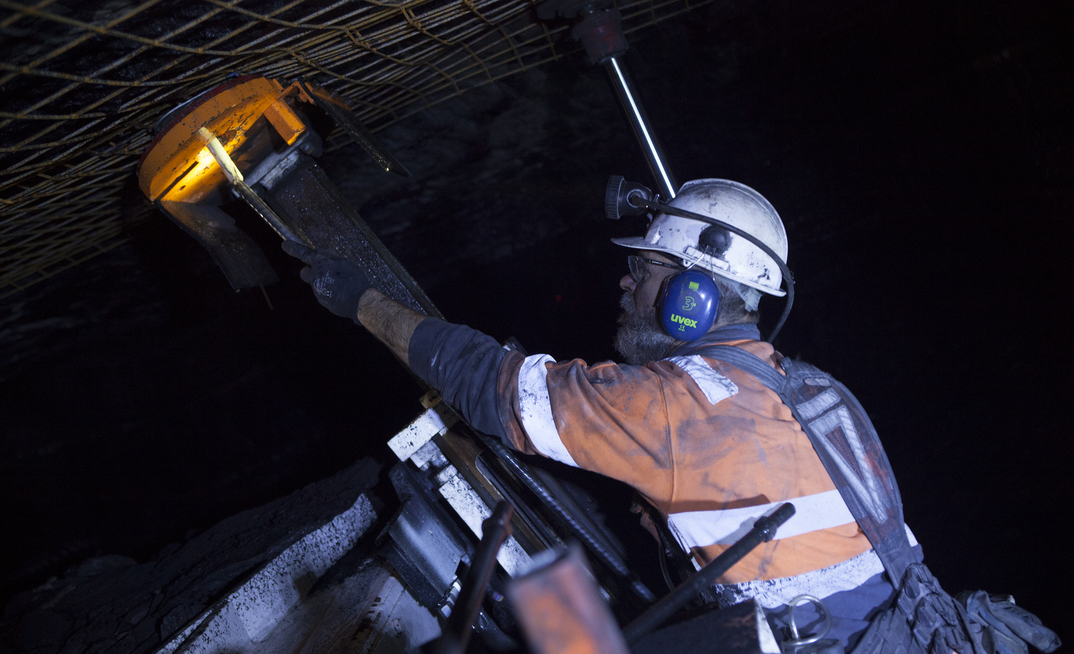ENVIRONMENT
Mining labour hire companies hurting communities: union
MINING companies' preference for employing workers through labour hire companies is hurting the regional communities that depend on jobs flowing from the mining sector, according to a Construction Forestry Mining and Energy Union submission to a parliamentary inquiry into the mining sector.
Federal and state governments should act to limit the corrosive effects of labour hire and casualization, the union said in its submission.
"Coal Services data shows that in NSW, one third of underground mineworkers and almost half of open cut mine workers are employed by contractors," the union said.
"There are very few new permanent job opportunities.
"A recent survey by the ACTU found that 82% of the job advertisements for the mining industry on Seek were placed by labour hire contractors.
"While the vast majority of labour hire employees are casuals, they usually work an identical pattern to permanent employees with a fixed roster of 42 or more hours per week at the same mine site for years on end. They are referred to as ‘permanent casuals' - a classic contradiction in terms."
Whitehaven Coal executive Nigel Wood said the company preferred a high proportion of casual labour hire employees as a measure to cut costs and provide flexibility.
"Labour hire employees provide the company with operational flexibility on a day to day basis," he said.
"For example, the company has the ability to send labour hire workers home in the event of an equipment breakdown or bad weather. Labour hire workers are also effective commercially because they are more cost effective than permanent employees.
"The underpinning need for flexible and commercial work arrangements, and the need to reduce costs at the mine, is stronger than ever."
The CFMEU has had some success in the courts, challenging the legal validity of labour hire agreements.
However, the union is arguing for stronger legislation is needed to reverse the insidious spread of casual labour hire in coal mining.
In addition, the CFMEU's submission argues that state governments should consider attaching criteria to the terms of mining leases to restrict the proportion of contract labour used in mines.
"Generally, labour hire usage of 10% of the total workforce should be enough to reflect genuine peaks in work or labour shortages," the union states.
"The ‘permanent casual' work model in mining is a rort. Mining workers and communities deserve better and they need their elected representatives to stand up for them."

Mining Magazine Intelligence Future Fleets Report 2024
The report paints a picture of the equipment landscape and includes detailed profiles of mines that are employing these fleets

Mining Magazine Intelligence Digitalisation Report 2023
An in-depth review of operations that use digitalisation technology to drive improvements across all areas of mining production

Mining Magazine Intelligence Automation Report 2023
An in-depth review of operations using autonomous solutions in every region and sector, including analysis of the factors driving investment decisions

Mining Magazine Intelligence Exploration Report 2023 (feat. Opaxe data)
A comprehensive review of current exploration rates, trending exploration technologies, a ranking of top drill intercepts and a catalogue of 2022 Initial Resource Estimates and recent discovery successes.





















